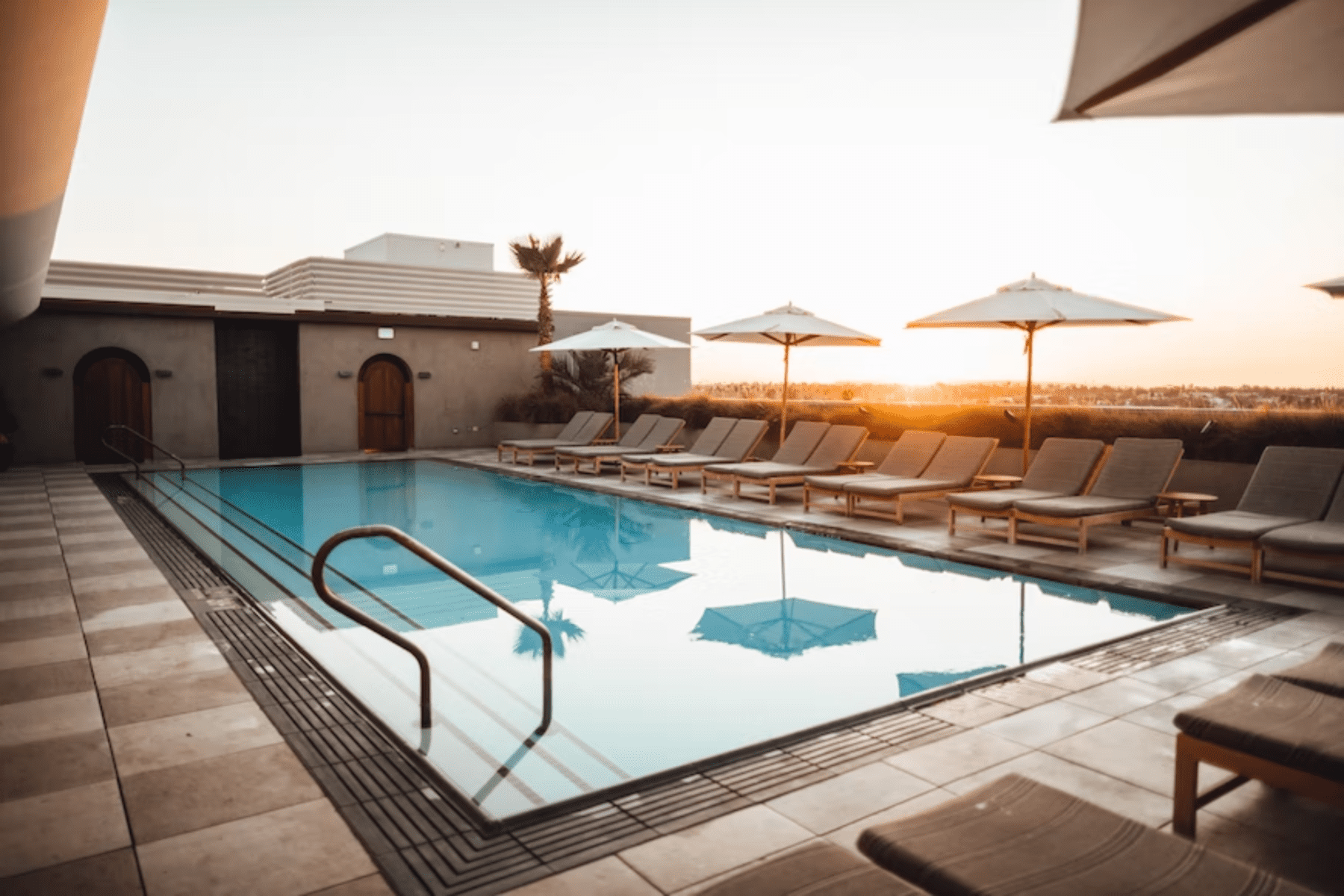8 fundamental pool regulations every community should follow
- October 27, 2022
- admin
- Category: Property Management

After Memorial Day, the season for swimming pools and barbecues officially begins. The community residents may be looking to plan parties and pool parties are everyone’s favorite. So here are the important 8 fundamental pool regulations every community should follow.
For your chilly residents, that’s terrific news. They’ll arrive equipped for swimming and grilling, with plenty of kebabs and buckets of sunscreen. They could even give you some of their lunch if you’re lucky! However, if the thought of unattended residents and visitors in the pool keeps you up at night, this is likely your least preferred season.
Naturally, you may take some common sense precautions to guarantee the security of your inhabitants and their visitors. The precautions involve displaying the following eight pool rules at the patio’s entry and around the pool. Remember to offer this vital safety advice for neighborhood pools.
8 Fundamental Pool Regulations Every Community Must Adhere To
Do not run: The most important out of all fundamental pool regulations is to not run. It can be dangerous. Both children and adults should avoid running around the pool area. They can easily hurt themselves by slipping on wet surfaces.
Don’t dive: Diving can be risky, even with an experienced lifeguard on duty. If the pool is excessively shallow, it could endanger other swimmers and seriously hurt the diver. Before trying to dive, know about the pool depth and the availability of a lifeguard. Also if you do not have any swimming experience, do not take risk of trying a dive in any case. It could prove fatal.
Watch over children: All the fundamental pool regulations are meant for safety. Especially when it comes to children. Whenever near the pool area, it is advisable to keep a complete watch over children. Young children should always be under adult supervision. Check with your state or municipal government for information on the relevant age restriction. Given that some 16 and 17-year-olds are trained lifeguards, some states have determined that the age limit of 18 may be stringent.
Toddlers should wear swim diapers: You don’t need an explanation on this, but if there are many families in your community, having this guideline is a good idea.
A maximum number of swimmers at once: For safety purposes, most swimming pools have a capacity. Often, people forget this regulation if not told, especially on busy days. Make sure that there is no more than the maximum capacity allowed inside the pool. A crowd inside the pool is very risky and should be avoided.
A maximum number of visitors per resident: Usually communities do not allow many visitors per resident in the pool area. On that topic, you can establish a (sensible) visiting limit if you are concerned that there will be too many people on the patio when it gets hot. Usually, 2 or 3 per inhabitant are acceptable. In case there is no limit, the pool area will always remain crowded with visitors more than residents. The more the crowd, the more unusable the pool will be and require more maintenance.
No pets are allowed in the pool: It should be a strict rule to not allow pets in the pool. The hair from dogs in swimming pools will block the filter and can be unhygienic. If any of the inhabitants have allergies, you might also want to restrict the number of animals on the patio. But remember that you might need to create an exception for service animals.
8. Do not allow glass bottles: People in communities often like to have drinks at pool parties. If residents are having drinks at the pool, you might not mind, but you might not want broken glass where people can go barefoot. It can be dangerous for adults, children as well as animals. You can create rules that no glass bottles are allowed near the pool area to ensure complete safety.
The above list is not comprehensive. These are just the common precautions that you can have for the pool area. The rules for swimming pools are not all included in this list. You can have various regulations based on your community’s location and who lives there. Always research local ordinances before establishing and posting rules to prevent legal complications.
In addition to posting swimming pool restrictions, building a key-locked fence around your pool is a brilliant idea. To prevent anyone from using the pool after dark or before sunrise, you might be able to impose time restrictions on it.
Pools are, in the end, an excellent method for locals to cool off throughout the summer. However, they can also be a liability, particularly if you consider children, visitors, and pets.
If you find that people are ignoring or breaking your swimming pool rules, don’t hesitate to send a reminder via email or to tuck a notice under their doors. After all, you installed the pool so they could enjoy it—but you want to ensure they do so safely!
The pool area is common and is to be used and enjoyed by all residents. So everyone in the community should work to maintain the area clean and accessible for others also. If you are planning to buy a property where there is a common swimming pool area then these fundamental pool regulations are something that you should know beforehand.




